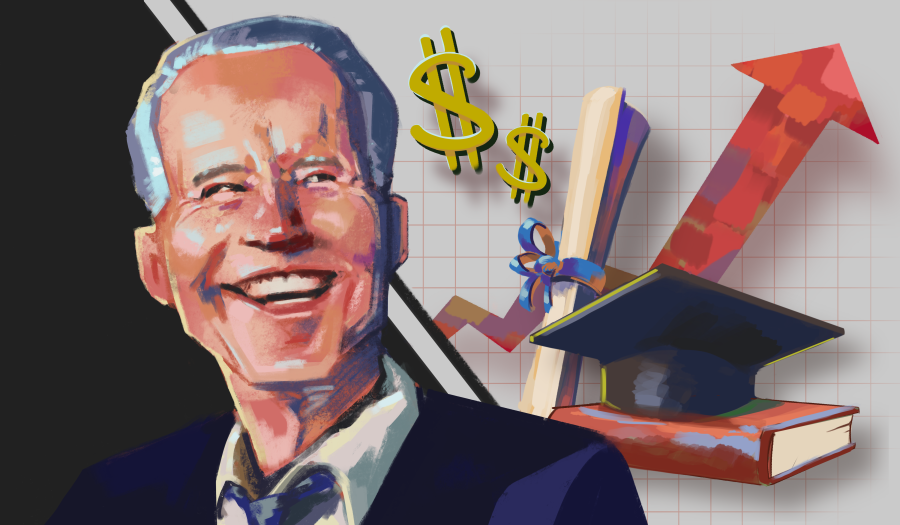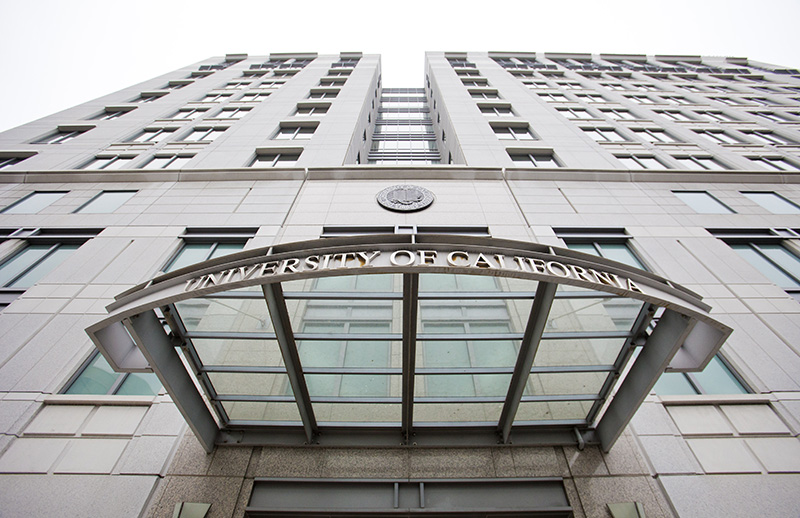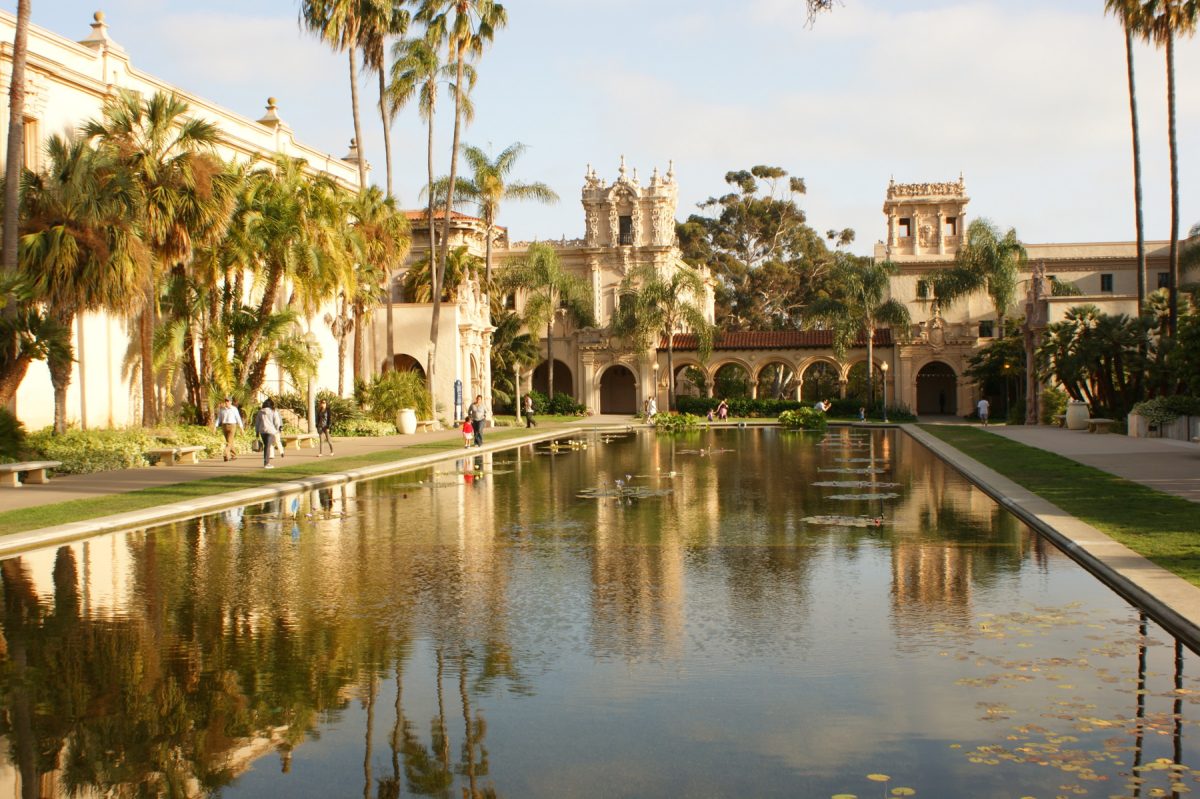The U.S. Department of Education recently announced their plan to retroactively help millions of federal student loan borrowers who are in large debt from the department’s troubled income-driven repayment (IDR) plans.
The IDR are plans that base the borrower’s student loan payments on their monthly income and guarantee cancellation of any remaining debt after 20–25 years. The announcement comes after increased pressure from lawmakers after House and Senate education committee chairs strongly urged Education Secretary Miguel Cardona to take action to help these borrowers.
The NCLC found in a 2021 report, that 45 million Americans have student loan debt, with more than eight million currently enrolled in the IDR plans. The report also revealed that there have only been 32 individuals who have received the loan cancellation that was supposed to be guaranteed to them.
These IDR plans have been in existence for more than 25 years. Experts believe that this announcement seems to be taking a step in the right direction after years of lawsuits and complaints alleging mismanagement by the department.
The department estimates that these changes will cancel out the debt for at least 40,000 students who now qualify for the Public Service Loan Forgiveness. Moreover, thousands of additional students will qualify for debt cancellation under IDR.
The Federal Student Aid (FSA) and the Department of Education promise to employ a “one-time account adjustment” to give these student borrowers credit for what they consider to be an unfairly long time paying back their loans: more than 12 consecutive months or more than 36 cumulative months. For example, a student that has spent 16 consecutive months paying back their loans would be given credit for 16 qualifying payments towards cancellation.
The department estimates that more than 3.5 million students will receive at least three years of new credit towards cancellation. The plan also promises an account review for those that file a complaint with the FSA.
Roger Revelle College freshman Olivia Richardson discussed how overwhelming it is to worry about student loans and financial aid.
“I am constantly in fear about obtaining financial aid, which is especially necessary for me since I am an out-of-state student,” Richardson said.
According to NPR, there have been various issues regarding how loan servicers were counting or not even counting qualifying IDR payments, which is likely what prohibited borrowers from reaching their debt cancellation point. They found that the $0 monthly payments were not being properly tracked, which hurt the lowest-income borrowers.
FSA claims that they will not issue new rules for servicers to guarantee the companies’ records are kept track of accurately. They will also start tracking IDR payments in their own system and display the progress at StudentAid.gov in 2023.
Each borrower’s adjustment will happen automatically after the department upgrades their National Student Loan Data System; therefore, the loan cancellations will likely only begin fall of this year.
While the department has taken action to help, they have fallen short in one prominent area. The top Democrats in the House asked the department to give borrowers credit toward loan cancellation for all past periods of paying back their debt, not just the long-term pauses.
This plan especially has the potential to make a difference to the students at UCSD who have had to take out student loans to pay for their education.
Art by Nicholas Regli for The UCSD Guardian














Maria T. Vine • Sep 22, 2023 at 6:47 am
Wow, this is such a relief for so many students! The U.S. Department of Education’s plan to retroactively help millions of federal student loan borrowers is a step in the right direction. It’s heartening to see that they’re acknowledging the struggles faced by students and are taking action to alleviate the burden. The fact that they’re basing the borrower’s student loan payments on their monthly income and guaranteeing cancellation of any remaining debt after 20–25 years is a game-changer.
Jackson88 • Jul 13, 2022 at 4:15 am
Axie Infinity Breeding Guide
Maddie • Jun 20, 2022 at 2:02 pm
The information you shared is so helpful, Thanks!
Liam • May 15, 2022 at 1:30 pm
Thanks for talking about it. It seems to me that after we are going through Covid, we should now help all those we can help. This event has left us completely at a loss and I’m not sure there is an ideal response to this pandemic at all. So now we have to deal with the mess that has reigned thanks to the quarantine. cbd oil 20% Some people simply in modern realities cannot cover the debts that they now have and we need to help them with this.
Jack Anderson • May 11, 2022 at 7:44 am
Informative Article. I am very glad to read this excellent post. Thanks by website where people get many essay ideas and inspiration. Thanks
Rose • May 10, 2022 at 6:14 am
I’m happy to read it. My son also has a student loan, and that’s hard to pay for it on time. We have a lot of other spendings such as eating, clothes, sports, buying books, and paying for help with our abstracts to get more knowledge and other simple things. I hope our Department of Education honestly wants to help us with our depts. It will up our belief in government so much. If our country wants to have professionals, they must help us with it.